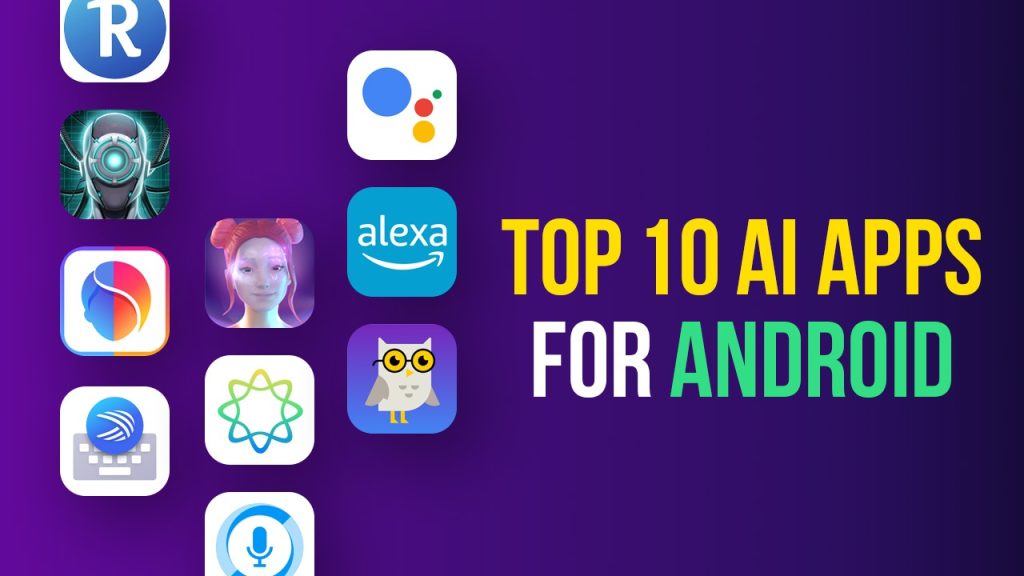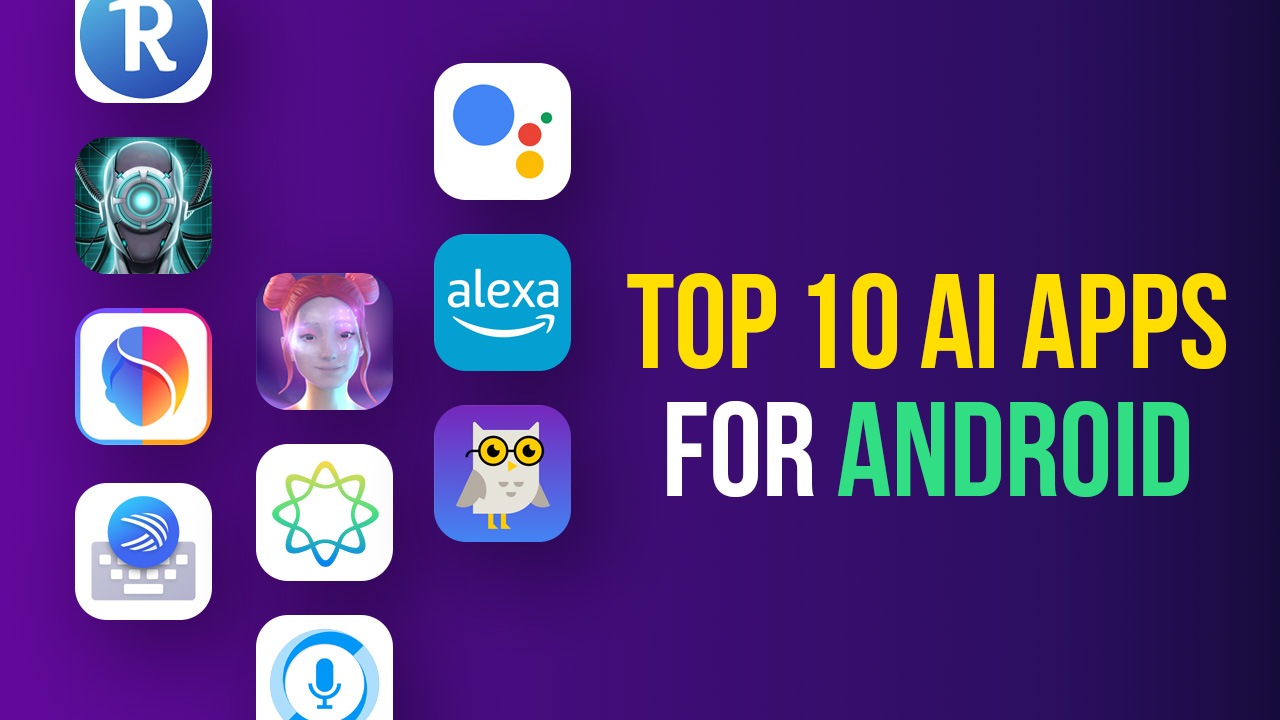
The environment for developing Android apps is always changing, so it will be important to keep up with the most recent developments as we anticipate 2024. The main developments in Android app development that are anticipated to take off in 2024 will be discussed in this article. Developers may look forward to exciting prospects for innovation and growth, from the introduction of progressive web applications (PWAs) to developments in artificial intelligence (AI) and machine learning (ML) integration. What therefore should we anticipate from the creation of Android apps in 2024? Now let’s explore and find out which emerging trends will have the most impact on this rapidly evolving area.
Emerging Technologies in Android App Development
The environment of Android app development is continuously changing due to new trends and breakthroughs in the rapidly evolving field of technology. A number of cutting-edge technologies are anticipated to have a big influence on how applications are developed and used by 2024. Here are some significant advancements to be aware of:
- Artificial Intelligence (AI): AI has already made its mark in various industries, and it’s now making its way into Android app development. With AI-powered features like chatbots, voice assistants, personalized recommendations, and advanced analytics, developers can create smarter and more intuitive applications.
- Augmented Reality (AR) and Virtual Reality (VR): AR and VR technologies continue to evolve rapidly, offering exciting possibilities for immersive user experiences. From gaming and entertainment to education and healthcare, incorporating AR/VR elements can provide users with engaging interactions within Android apps.
- Internet of Things (IoT): The IoT ecosystem is expanding at an incredible pace, connecting everyday objects with internet-enabled sensors. Android app developers can leverage this technology by integrating mobile apps with smart devices such as wearables or home automation systems to offer seamless control and monitoring capabilities.
- Blockchain: The potential use cases for blockchain technology extend beyond cryptocurrencies. In the realm of Android app development, blockchain can enhance security by enabling transparent transactions or decentralized storage solutions.
- Progressive Web Apps (PWA): PWAs combine the best aspects of web browsing with native mobile app functionality while providing offline access through service workers. This approach allows developers to deliver responsive experiences across different platforms without requiring users to install a dedicated app from an app store.
- Instant Apps: Instant Apps allow users to access certain functionalities of an application without installing it fully on their devices; they provide a “try before you buy” experience that eliminates friction between discovery and engagement.
7 .5G Technology: With the advent of 5G, Android app developers can explore new possibilities for delivering faster and more reliable connections. This technology will facilitate seamless streaming, real-time collaboration, and improved overall app performance
2. The Rise of AI and Machine Learning in Android Apps
- Enhanced User Experience: With AI and ML algorithms at their core, Android apps can now provide personalized experiences tailored to individual users’ preferences and behaviors. These technologies enable apps to learn from user interactions, adapt over time, and anticipate user needs more accurately.
- Voice-Activated Interfaces: Virtual assistants like Google Assistant have become an integral part of our daily lives. In 2024, we can expect a surge in voice-activated features integrated into various Android applications. Users will be able to perform tasks hands-free by simply speaking commands or queries.
- Smarter App Recommendations: Thanks to advancements in AI algorithms, app stores will be able to recommend relevant applications based on users’ interests, location data, previous downloads, and behavior patterns. This will not only assist users in discovering new apps but also help developers reach their target audience more effectively.
- Real-time Translation: Language barriers will no longer hinder global communication as real-time translation capabilities become pervasive within Android apps through AI-powered language processing technology. This feature will facilitate seamless conversations between individuals who speak different languages.
- Intelligent Chatbots: Chatbot technology powered by natural language processing (NLP) algorithms is expected to play a significant role in customer support within android applications during 2024.AI-backed chatbots can handle basic queries efficiently while seamlessly transferring complex issues to human agents when necessary.
- Improved Security Measures: ML-based security solutions are becoming increasingly sophisticated at identifying potential threats and anomalies. Android apps will leverage these technologies to enhance security measures, safeguard user data, and protect against cyberattacks.
The rise of AI and machine learning in Android app development is set to bring about transformative changes in how we interact with mobile applications. From personalized experiences to intelligent chatbots and enhanced security measures, these advancements are poised to make our everyday lives more convenient, efficient, and secure than ever before.
3. Progressive Web Apps: The Future of Android Development
- Offline Functionality: One of the key advantages of PWAs is their ability to work offline or with a poor internet connection. By leveraging service workers, PWAs can cache important resources and data, allowing users to access content even when they’re not connected to the internet.
- Cross-platform Compatibility: Unlike traditional native apps that need separate codebases for different platforms, PWAs provide an opportunity for developers to create a single codebase that works across multiple platforms, including Android, iOS, and desktop browsers. This significantly reduces development time and costs.
- Fast Loading Speeds: PWAs are known for their lightning-fast loading speeds due to optimized caching mechanisms and efficient use of browser technologies like Service Workers and App Shells. Users no longer have to wait for lengthy downloads or installations – they can simply access the app instantly from their browser.
- Improved User Engagement: With features like push notifications, background syncing, and home screen installation prompts, PWAs offer enhanced user engagement similar to native apps without requiring any installation from an app store.
- Discoverability & Shareability: Since PWAs are essentially websites that behave like apps, they can be easily discovered through search engines while remaining shareable via URLs just like any other webpage.
- Cost-effectiveness & Maintenance: Developing a PWA requires fewer resources compared to building separate versions for different platforms since it can function universally across various devices with minimal changes required during updates or maintenance.

